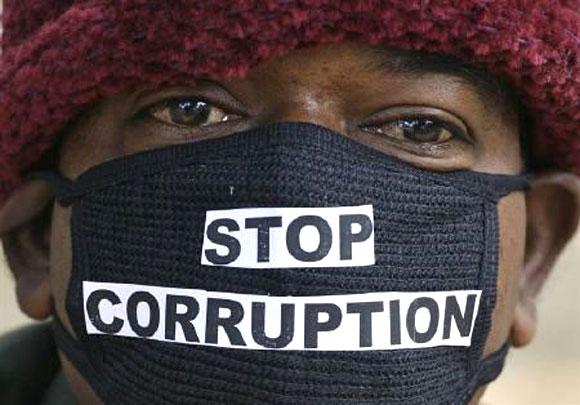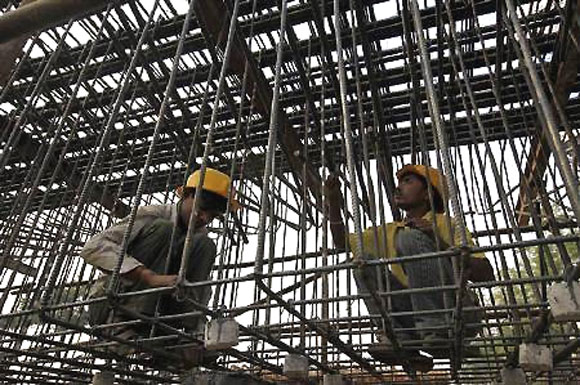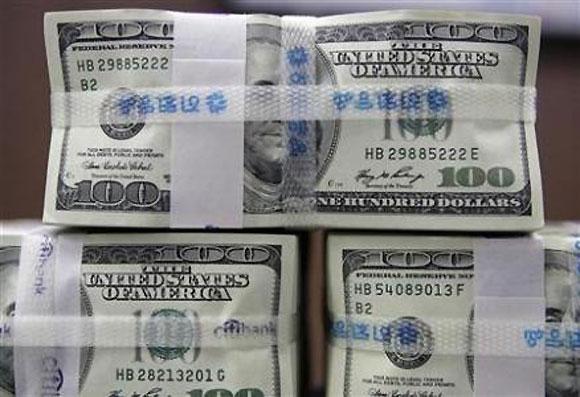 | « Back to article | Print this article |
Indian economy a victim of bribery and corruption
With the Congress-led United Progressive Alliance government facing heat from the opposition over the recent spate of scams, industry has expressed concern, stating this would adversely affect foreign direct investments (FDIs).
According to a survey by the Federation of Indian Chambers of Commerce and Industry (Ficci) and Ernst & Young, 83 per cent of the respondents felt the spate of scams would negatively impact FDI inflows.
The survey, titled Bribery and corruption: Ground reality in India, was released at Ficci’s national executive committee meeting in Bangalore on Monday.
Click on NEXT for more...
Indian economy a victim of bribery and corruption
It says corruption — real or perceived — is having a detrimental impact on the economy.
About 77 per cent of the respondents believe it is the responsibility of managing directors to handle bribery and corruption-related issues in organisations.
Most people are aware of unethical business conduct in their organisations, including irregular accounting to hide bribery and corruption, gifts to agents and third parties being used to pay bribes, according to the survey.
“Corruption invariably increases transaction costs and uncertainty in an economy, while lowering efficiency by forcing entrepreneurs to divert their scarce time and money to bribery rather than production,” said Naina Lal Kidwai, president of Ficci.
Click on NEXT for more...
Indian economy a victim of bribery and corruption
And, 73 per cent respondents from private equity companies said a company operating in a sector seen as highly corrupt might lose ground when it comes to a fair valuation of the business, with the hard bargaining and factoring in of the cost of corruption in the sector during a transaction.
Among the sectors seen as most vulnerable to corruption are the government and the public sector, infrastructure, real estate, metals, mining, aerospace, defence, power and utilities.
A little more than half the respondents felt it was the lack of will to obtain licences and approvals the “right way” which led to bribery and corruption.
“Complicated taxes and licensing systems also fuel corruption,” it adds.
Click on NEXT for more...
Indian economy a victim of bribery and corruption
Around 89 per cent felt inadequate enforcement of laws resulted in bribery and corruption proliferating.
“Companies, while framing their anti-bribery and anti-corruption compliance framework, should have clear policies regarding zero tolerance, no ambiguity, effective training, a gift policy, hotlines, monitoring and third parties,” the report added.
The respondents represented a mix of Indian enterprises with domestic operations as well as Indian and foreign multinationals, whose annual incomes range from Rs 5,000 crore (Rs 50 billion) to Rs 10,000 crore (Rs 100 billion).




